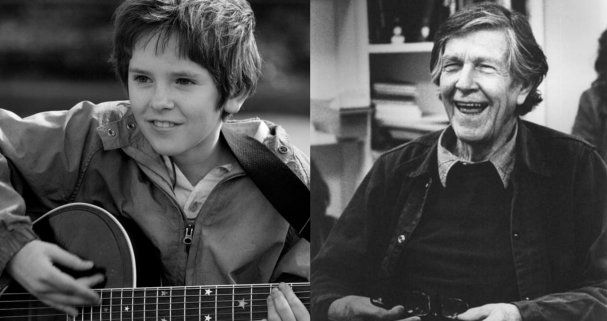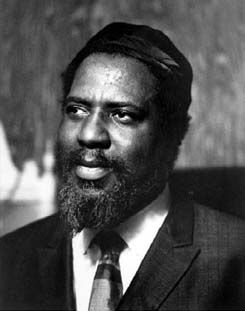The Film
I recently stumbled upon an animated short film by Pixar that I had never seen before, “
One Man Band.” The short, like all of Pixar’s films, does a beautiful job of telling a simple story—a story which entertains but also teaches several musical/life lessons.
(My sole, petty complaint is that I wish Pixar had hyphenated the title (One-Man Band). Other than that, superb little film.)
Here it is:
Synopsis
In the video, a street musician by the name of “Bass” is upstaged by a newcomer, “Treble,” at his usual busking spot. With only one audience member—a little peasant girl with only one coin to spare—the two musicians compete against each other in a musical duel, with hopes of winning the girl’s appreciation (coin).
As you may expect, the girl is not impressed. Instead, the showy duel completely disgusts the girl.
She is noticeably annoyed and disappointed as the musicians crescendo into the climax of their aggressive duel. In the next moment, the girl’s only coin is lost down the drain, and the musicians go silent.
In the final scene, the girl surprises Bass and Treble with her violin chops—an impressive cadenza which earns her a handsome sum of gold coins.
Lessons Learned
The film is more than just a couple of dudes playing a ridiculous number of instruments at once. It’s rather parabolic, and it contains several important lessons about music (and life in general).
Here are a few:
- Music not about competition. (Duet, not duel.)
To be successful in a musical career, to some degree, may mean being better than the other one-man band. But if you focus too much on being better than another musician (“defeating” them), you start to bring hostility and antagonism into the mix—two things which have no place in music. Music is about harmony and cooperation. (Instead of a duel, Bass and Treble should have played a duet.)
- Music is not about money. (Money talks, but music says nicer things.)
The “starving artist” stereotype supports this one. Musicians who wish to continue with music professionally are well aware that it’s not where the money’s at. Those who do keep at it do so because they love and appreciate music deeply. Music’s not about vying for the peasant girl’s gold coin. It’s about creating something beautiful, pure, and true.
- Music is about connecting with other people. (Legato, not staccato.)
It’s a force that should bring people closer together—not divide. A musician who plays with the goal of merely impressing the audience is thinking much too selfishly. The primary goal must be to connect with the listener. The music played by Bass and Treble was fast, loud, exciting, and technically impressive. But the men weren’t at all concerned with forging a connection with their listener, the peasant girl. As a result, the music fell flat; the characters were driven apart rather than drawn together (detached rather than connected). It is in the connections forged through music that music holds its greatest value.
Final Words ("Imagine")
This delightful 5-minute animation taught all of these lessons, without using even one word of dialogue. I credit this to Pixar’s imagination and creative genius but also to the fact that these lessons are profoundly fundamental.
So fundamental, in fact, that they’re easily applicable to every human being—musician or not: We’re not here on Earth to compete against one another, or to fight with each other, or to chase after trivial material goods. We’re here to come together and connect with our fellow human being—by living peacefully, being kind, and loving one another.
(John Lennon used music to express these ideas beautifully.)
So, heed the lessons of "One Man Band"—make music for the sake of music itself, and not for the lesser purpose of winning a peasant girl's gold coin.



